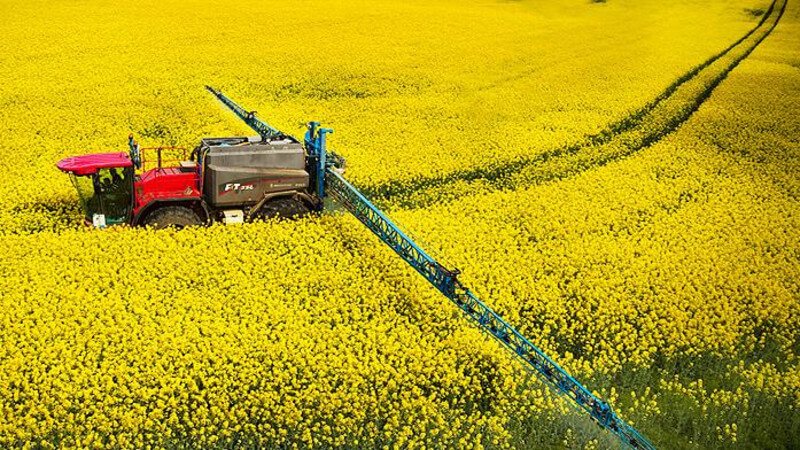The European Union is picking a good time to produce its second straight subpar rapeseed crop. The United States Department of Agriculture’s Foreign Agricultural Service is reporting an 18 percent decline in EU rapeseed acreage compared to [2018].
“Due to dry sowing conditions in some major rapeseed producing countries, rapeseed acreage declined sharply, especially in France and Germany,” stated the USDA in its EU-28 Oilseeds and Products Annual report.“In Romania, about half of the rapeseed area requires replanting with other crops because of poor germination caused by drought.”
The EU’s ban on neonicotinoids also affected planting decisions because it leads to lower rapeseed yields and reduced profitability, according to the USDA.
Production is forecast to decline eight percent to 18.43 million tonnes. [2018’s] output was 10 percent below the previous year, so that would make two disappointing crops in a row.
Carryout in 2019-20 is forecast to fall to 896,000 tonnes, a 39 percent decline from the current crop year estimate. That would be the second lowest level since 2003.
Brian Innes, vice-president of public affairs with the Canola Council of Canada, said Europe’s short crop is Canada’s good fortune.
Read full, original article: European rapeseed crop shrinks this year































